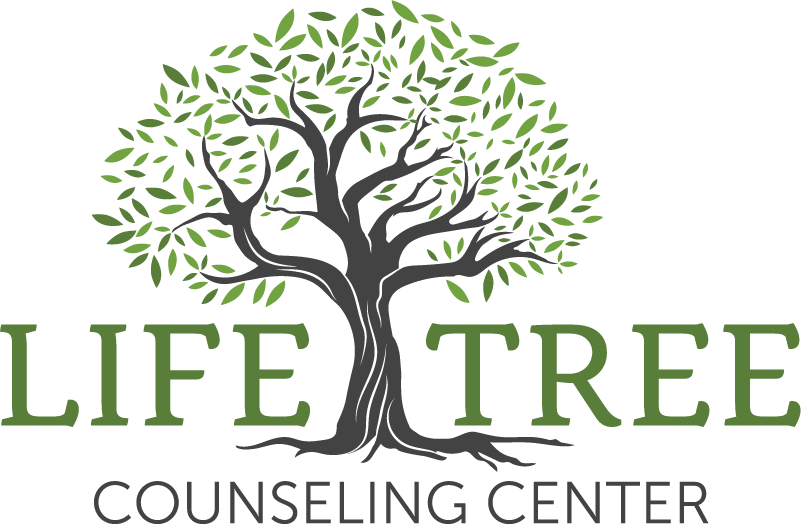Patience, Laughter, and a Lot of Reminders: Navigating Patience, Laughter, and a Lot of Reminders: Navigating ADHD at Home
By Tara Warner, LPC-S
Living with someone who has ADHD—whether it’s your spouse, your child, or both—can be a mix of joy, creativity, and (let’s be real) frustration. When your loved one’s brain works differently from yours, it can feel like you’re constantly adjusting. You may even catch yourself wondering: “Do they forget, interrupt, or zone out on purpose?”
That’s a very human reaction. But the truth is, ADHD behaviors aren’t about intentional disregard. They’re about a brain that’s wired differently.
Naming the Frustration
Whether it’s your partner leaving dishes unfinished, or your child forgetting their homework again, ADHD can show up in everyday life through:
Forgotten chores or instructions
Running late (again)
Difficulty following through on plans
Interruptions in conversations
Emotional intensity or quick shifts in mood
To a non-ADHD brain, these patterns can feel personal—like a lack of respect, effort, or care. But it’s important to remember: ADHD-related behaviors are rarely about you. They’re about how the ADHD brain processes information, motivation, and attention.
Reframing Intentions
What feels like “ignoring” is often distractibility.
What looks like “not caring” is often executive function overload.
What seems like “laziness” is often burnout from pushing their brain to function in a world not built for it.
Shifting from “They don’t respect me” to “This is their ADHD showing up” doesn’t magically fix the frustration, but it helps you not take it so personally.
Focusing on the Positives
Living with ADHD in the family also brings unique strengths:
Creativity and innovation: ADHD brains see possibilities others might miss.
Passion and energy: Intense focus on what excites them can lead to deep learning or fun adventures.
Spontaneity and humor: Life with ADHD is rarely boring—there’s often laughter and quick thinking in the mix.
These qualities can enrich your home life and relationships when you remember to notice and celebrate them.
Caring for Yourself Too
While it’s important to understand and support your ADHD loved one, your needs matter too. Non-ADHD partners and parents often feel like they have to be “the steady one” all the time. Without care, that can lead to burnout.
Here are some ways to feel affirmed and supported:
Acknowledge Your Effort – Parenting or partnering with ADHD in the mix takes real energy. Give yourself credit.
Seek Outside Support – Parent groups, therapy, or friendships where you feel understood are invaluable.
Protect Your Own Routines – Keep habits that help you feel grounded, even when the house feels chaotic.
Celebrate Wins (Big and Small) – Notice and affirm progress, whether it’s your child remembering their backpack or your spouse following through on a shared task.
Carve Out Recharge Time – Step away when you need to, so you can return with patience and perspective.
Practical Tips for Family Balance
Communicate Clearly and Calmly – Instead of “You never listen,” try “I feel stressed when I’m not heard. Can we try a different way to remember this?”
Use Shared Tools – Calendars, reminders, and routines help kids and adults alike.
Pick Your Battles – Focus on what really matters and let go of what doesn’t.
Practice Empathy (Both Ways) – ADHD brains and non-ADHD brains both need compassion. Your feelings matter, too.
The Takeaway
Living with ADHD in your family requires patience, creativity, and resilience. Frustration is part of the journey, but so is joy. When you recognize that challenging behaviors aren’t intentional, you open the door to empathy. When you pair that empathy with clear communication, healthy boundaries, and your own self-care, your family can find balance and thrive together.
Photo by RDNE Stock project
